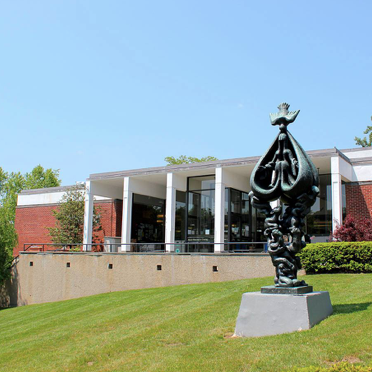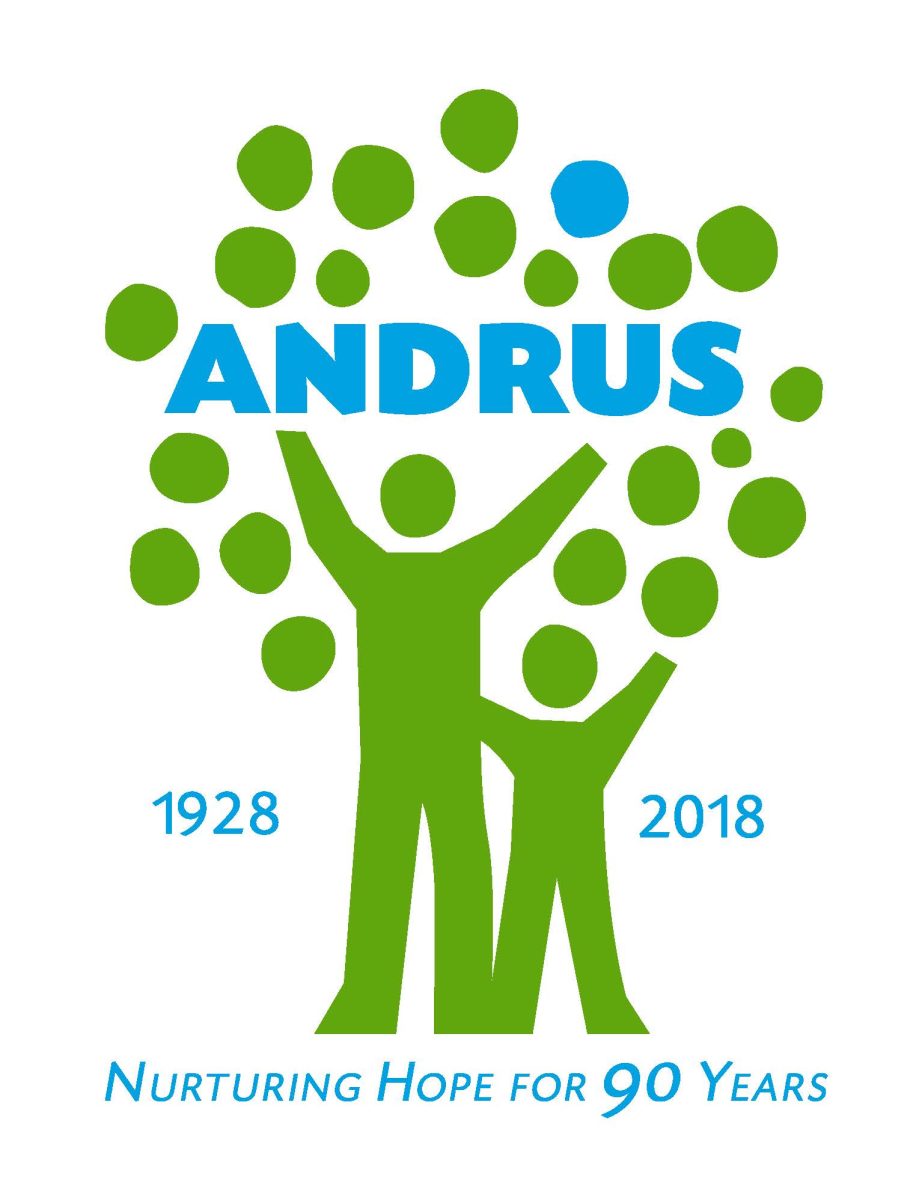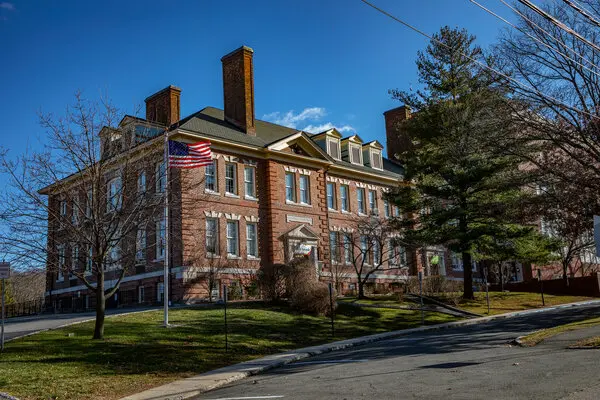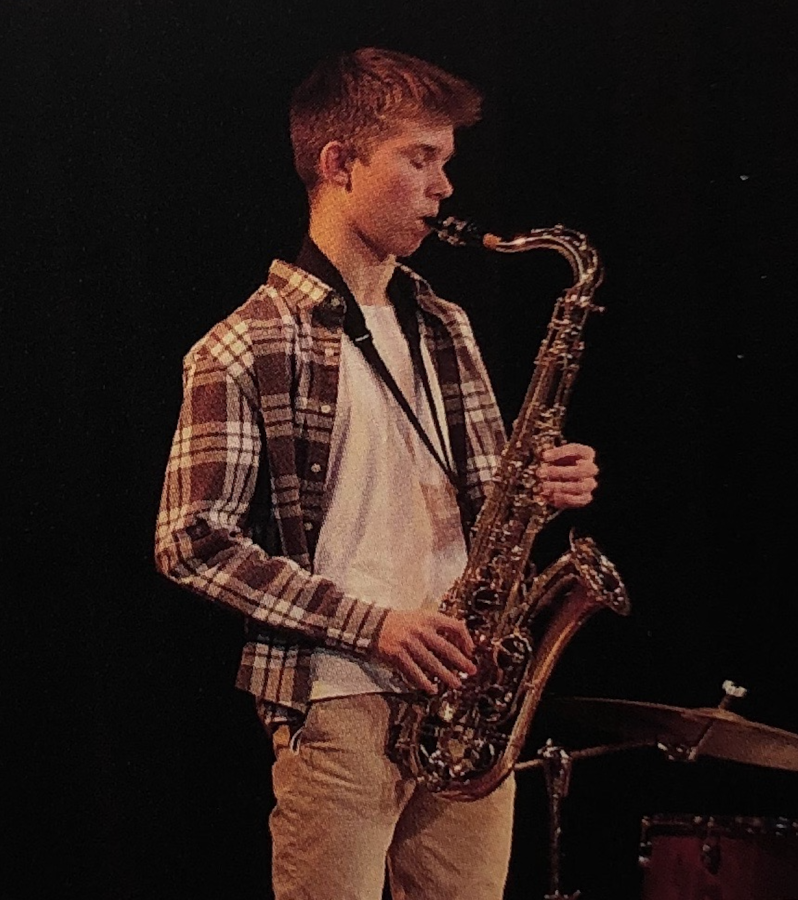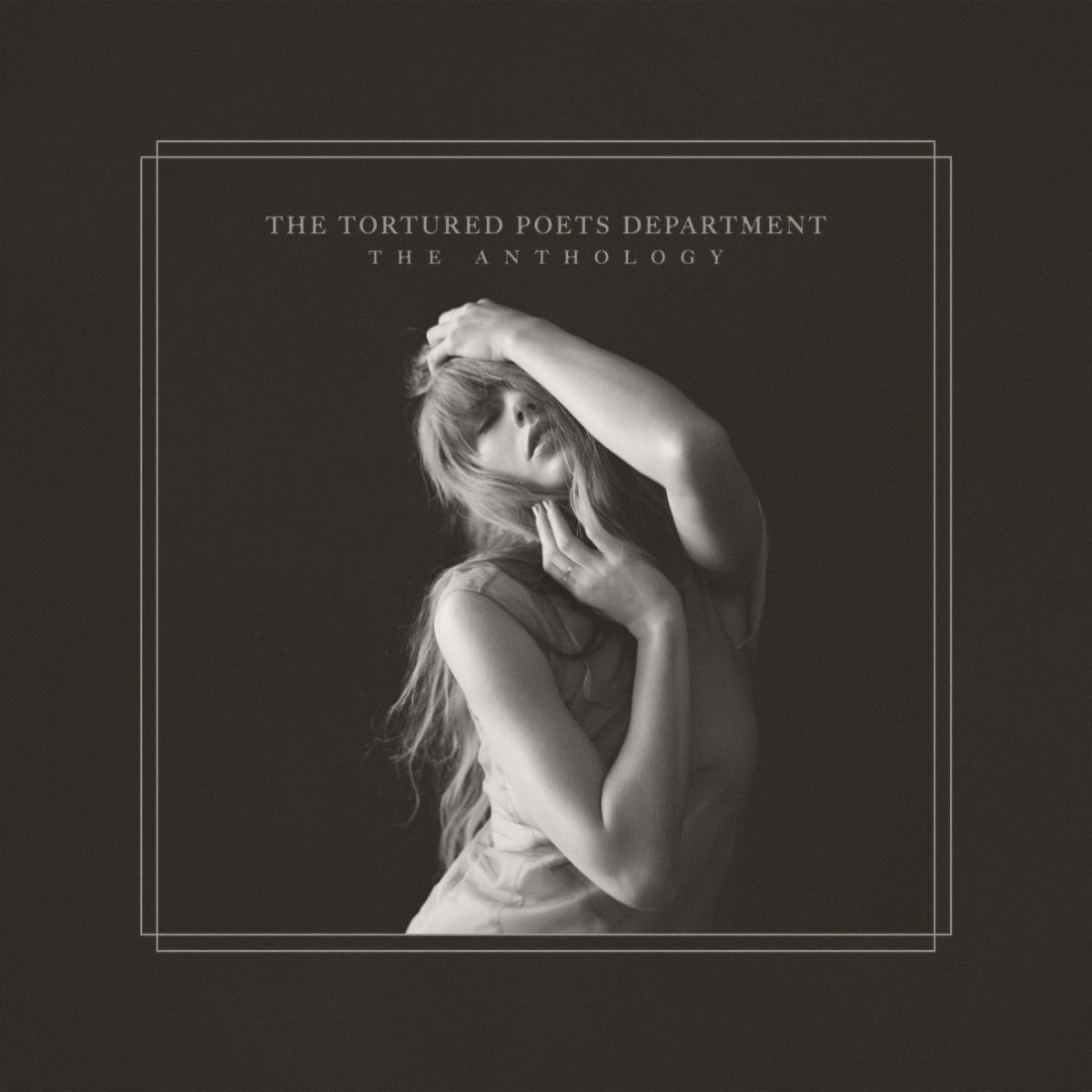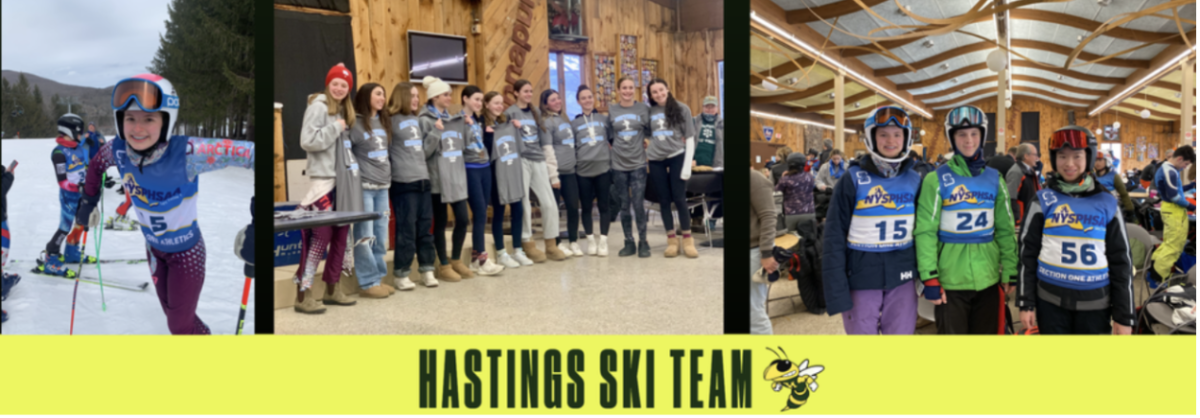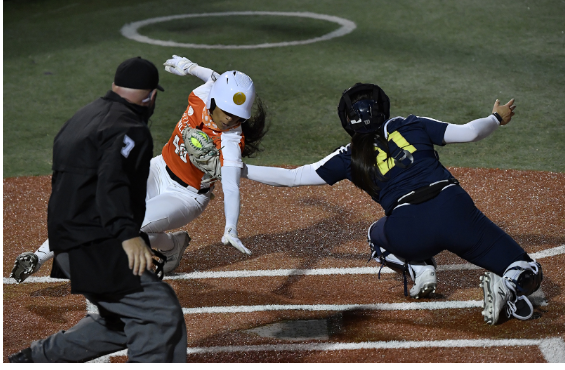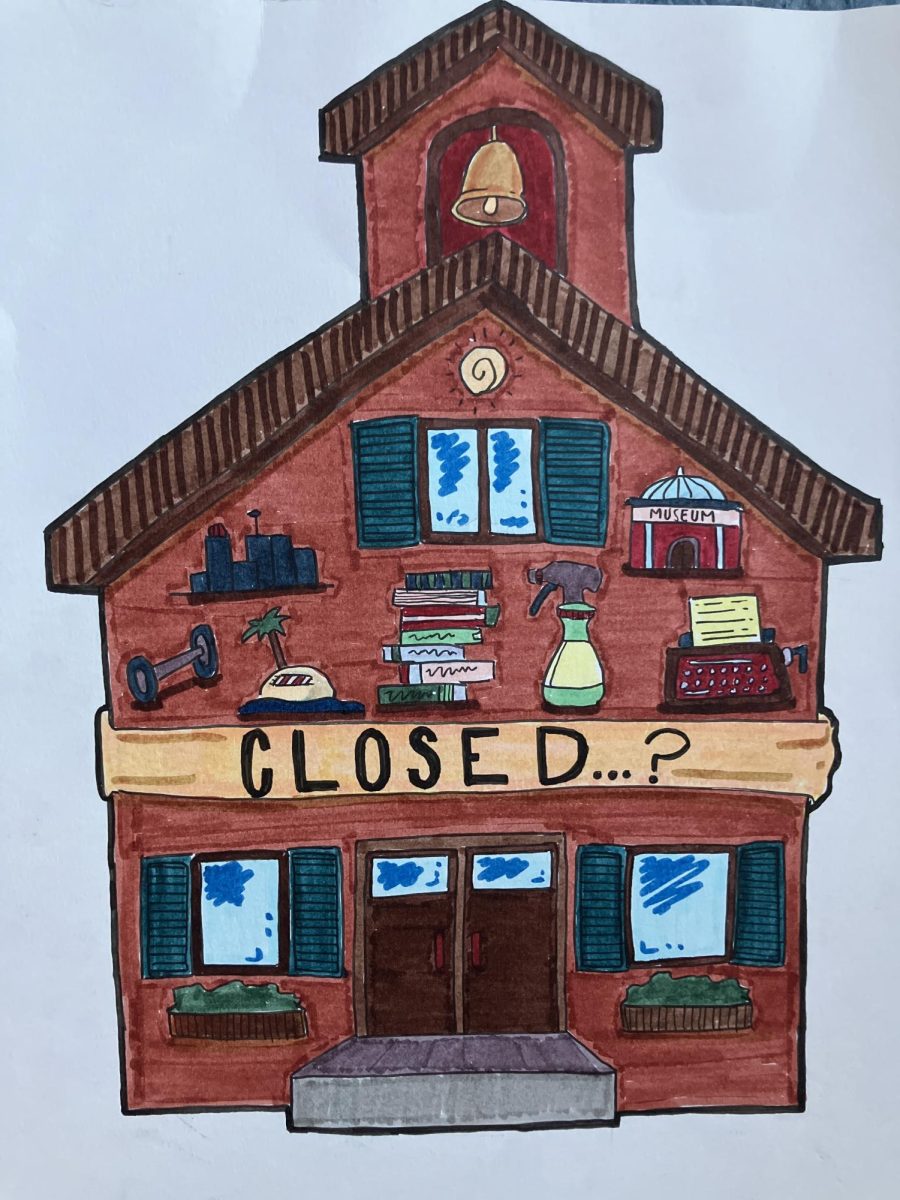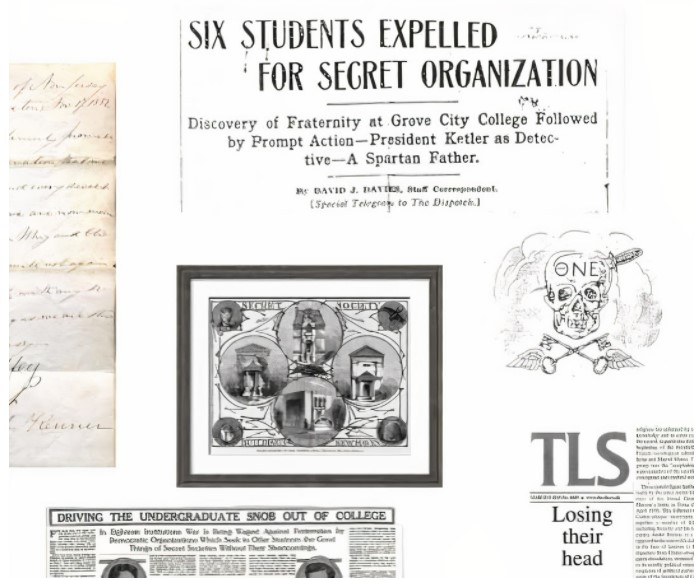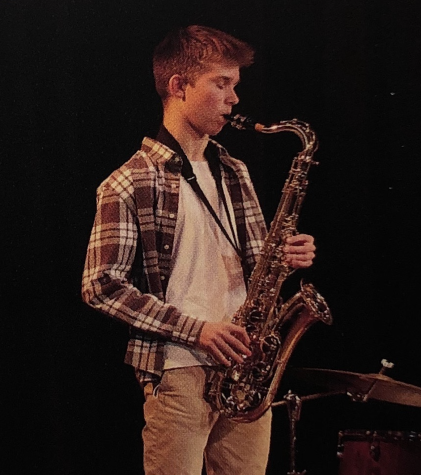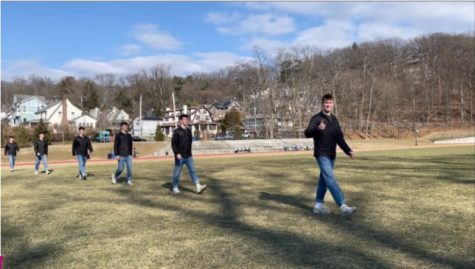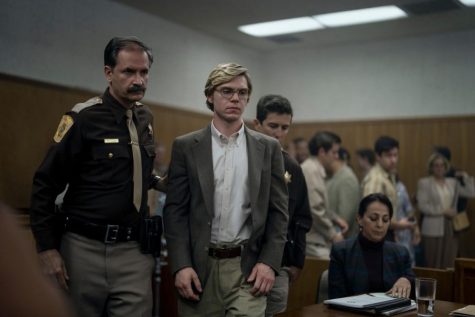What if the Elephant in the Room were Invisible?
Elitist Secret Societies within the Education System
February 17, 2022
It’s safe to assume that for the majority of people, the image that comes to mind when thinking of school, while occasionally morose, is rarely morbid. Let’s be honest, as much as cringeworthy teen dramas such as Riverdale (feat. serial killer parents, eerie cults, & the supernatural) would love us to believe, in truth, there is little danger lurking under the alluring façade of most schools…right?
Historical records beg to differ, with conclusive evidence of secret societies–small elitist groups of students sworn to secrecy about the inner workings of their society–existing in schools across the nation. Authors and journalists alike have explored the dark sides of these underground organizations, exposing the risks posed by these seemingly harmless groups.
For starters, the initiation process in many secret societies, both in the real world and in fiction, raises many questions: think of an amped-up fraternity hazing with fun little twists, ranging from suspect group activities to taking a blood oath that you will never defy your “brotherhood” (“Blood curdling oaths and diabolic rituals – folk secret societies”). Although there may be some mental, and physical repercussions to these obscure initiations, the real horror lies in the unregulated power these societies hold, and the ways this power is utilized.
As I’m sure many conspiracy theorists–those who believe that all of society is controlled by secretive groups–will be thrilled to hear, these select few individuals, often wealthy, white, & male, have considerably wide spheres of influence. This influence is most clearly seen in the financial, academic, and political spheres, and shockingly enough, often abused. Manipulation of politics, per example, is seen in secret societies such as those within Pennsylvania State University in which “members of these societies hold leadership positions across prominent … student organizations, collectively amassing unprecedented, unchecked power over the entire community” (“PSU Secret Societies Threaten Our Democracy”). This unregulated power often granted to members of secret societies poses an enormous risk not only towards democracy in terms of collegiate elections but in unrestrained power utilized outside of internal student government, effectively posing a threat to society.
Literary works that explore these exploitations of power within fictionalized secret societies can do so without risking real world repercussions posed by those exposed, as secret societies are not likely to be passive when insider information is revealed about their organization. The case of Justin Hopson brings the dangers of exposing secret societies to light. Hopson, a rookie New Jersey State Trooper, witnessed an illegal arrest and fraudulent report filed by his training officer and declined to testify in favor of the police department when the incident was taken to court. After this event, Hopson unearthed evidence of a secret society inside the New Jersey State Police dubbed the Lords of Discipline, whose job it was to keep fellow troopers in check. Although his case would eventually be successful in suspending troopers involved with the LOD, after publicizing the facts he had discovered Hopson was physically attacked and received threatening messages both against his career and his life (“New Jersey Agrees to Settle Trooper’s Harassment Suit”). Cases such as these depict the harsh reality of what it means to expose systemic evils, the extensive repercussions of whistleblowing often outweighing the small chance of achieving justice. Because of this, fiction is often the safer route to take when exploring complex and dangerous subjects such as the world of secret societies.
CAUTION: SPOILERS AHEAD.
Books included in this segment are as follows: They Wish They Were Us (Jessica Goodman) and Ace of Spades (Faridah Àbíké-Íyímídé). Should you wish to skip this segment, there is a break in the text indicating where the spoilers end.
Jessica Goodman’s novel They Wish They Were Us delves into the academic aspect of abuse by secret societies: members of the school’s secret society, known as “Players,” are granted inexhaustible test answers as well as “connections” to alumni that just so happen to be on College Boards. This is far from the extent of the society’s powers, later illustrated by their unwavering ability to defend a blatantly guilty fellow member in the face of a homicide, even turning on a younger initiate (framing him as the murderer) for the “greater good” of their group as a whole.
Faridah Àbíké-Íyímídé’s Ace of Spades opts for a more subtle build up. The main characters are uninvolved in their preparatory school’s secret society, but rather the targets of the society’s meticulously orchestrated racist agenda. This form of a secret society is considerably more alarming than that depicted in Goodman’s novel as there are several cases of this happening outside of the fictional realm such as the University of Alabama’s “Machine.”
SPOILERS END.
“The Machine,” an all-white secret society at the University of Alabama, has been well known for its segregationist orientation, with actions taken ranging from white supremacist rallies (brought on by the first, and only, black candidate winning the student government presidency) to interference in the desegregation of the school’s fraternities and sororities (“10 Stories That Show the Power of ‘the Machine”). In the years 2000-2001, Melody Twilley, a student at the university, would appeal to become the first black student voluntarily accepted by one of the school’s all-white sororities. Her consistent rejections both years from these sororities were reported from university insiders to have been arranged by the Machine (“Secret Network Keeps Sororities White”). Cases like Twilley’s are prominent in colleges across the nation, and often go unreported due to lack of physical evidence, furthering the power of secret societies throughout a multitude of education based institutions.
Yet as harrowing some of these facts & stories are, it is incredibly unlikely that you will come across a secret society in your education path, or at the very least, notice one. For the most part, the nature of these groups has drastically changed over time, with many secret societies more focused on fortifying a strong alumni network than maintaining the same air of mystery they once held. In addition to a shift in focus, secret societies are diversifying with groups like Yale’s infamous Skull and Bones society no longer restricted by race or gender identity.
While it is important to note that many secret societies still exist, especially in higher education, the amount of societies has greatly diminished, the nation leaning more towards extracurricular clubs and fraternities/sororities rather than these clandestine societies. Then again, for all I know HHS has an exclusive secret society of its own, but that’ll be an article for another day.
